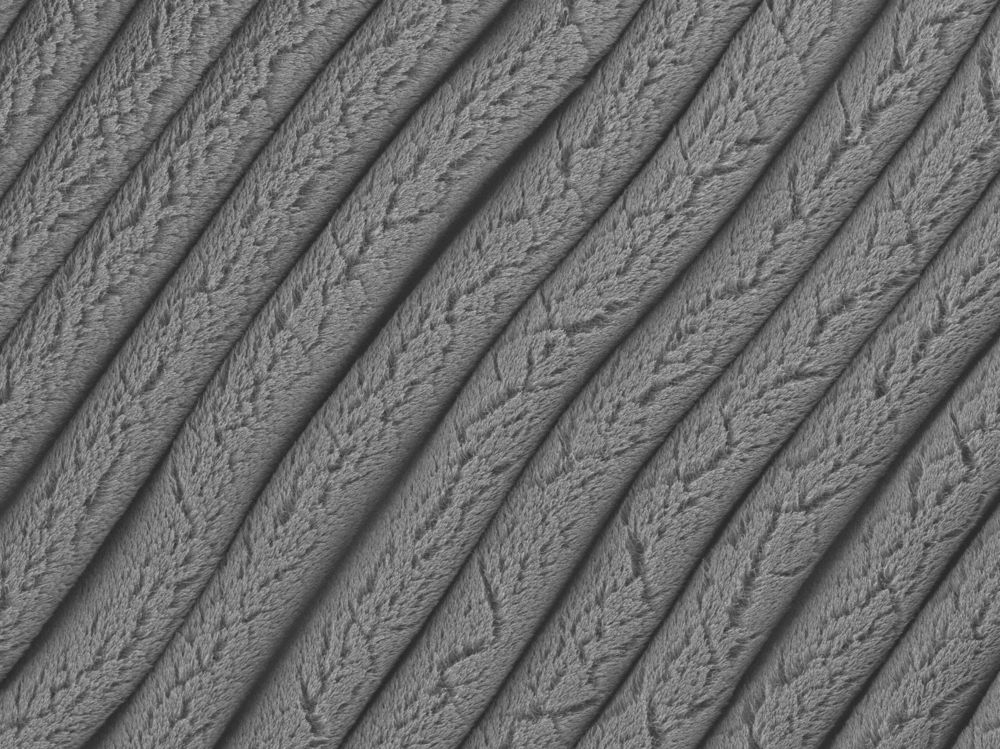Researchers at Duke University and Michigan State University have engineered a novel type of supercapacitor that remains fully functional even when stretched to eight times its original size. It does not exhibit any wear and tear from being stretched repeatedly and loses only a few percentage points of energy performance after 10,000 cycles of charging and discharging.
The researchers envision the supercapacitor being part of a power-independent, stretchable, flexible electronic system for applications such as wearable electronics or biomedical devices.
The results appear online March 19 in Matter, a journal from Cell Press. The research team includes senior author Changyong Cao, assistant professor of packaging, mechanical engineering and electrical and computer engineering at Michigan State University (MSU), and senior author Jeff Glass, professor of electrical and computer engineering at Duke. Their co-authors are doctoral students Yihao Zhou and Qiwei Han and research scientist Charles Parker from Duke, as well as Ph.D. student Yunteng Cao from the Massachusetts Institutes of Technology.
